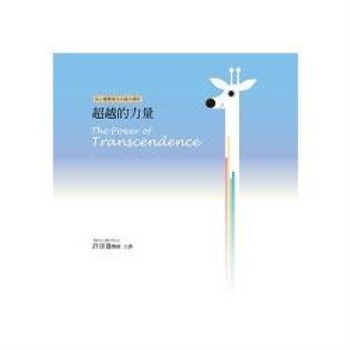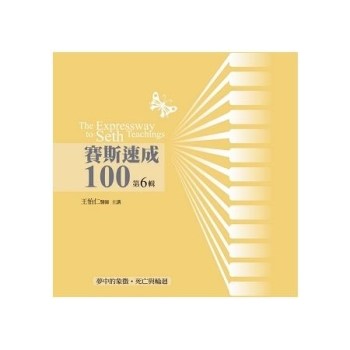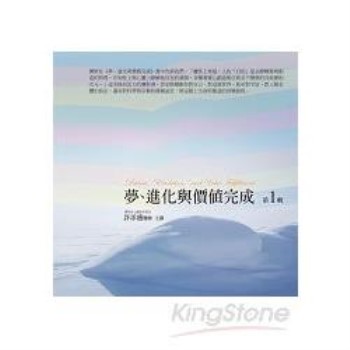Elemental Architecture presents a new and refreshing approach to sustainable architectural practice. Going beyond the standard performance-based and quantitative sustainable measures, it incorporates a broader framework of considerations, including the more poetic and noetic possibilities of environmental design.
The book is structured around the ancient Greek and medieval alchemists’ system of the Five Temperaments: fire, earth, air, water, and ether. Phillip James Tabb examines how these elements produce both positive and negative environmental forces which have an impact on architectural design – from drinking water and fresh air to torrential floods and tornados. He shows how responding to or enhancing these forces can help us to create a more sustainable, healthy, and purposeful architecture. To illustrate this, each chapter draws on seminal contemporary works of architecture, from Peter Zumthor’s Bruder Klaus Chapel to Frank Lloyd Wright’s masterpiece at Falling water. These examples are accompanied by over a hundred high-quality illustrations.
Expanding the discussion of sustainability to include phenomenological as well as qualitative considerations, Elemental Architecture is ideal for students and researchers with an interest in sustainable architecture and architectural theory.












